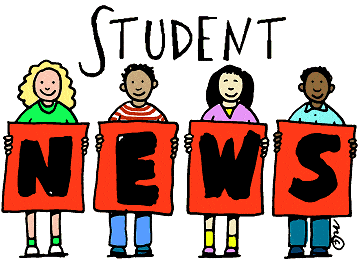http://www.clipartpanda.com image
By Casey Bukro
Ethics AdviceLine for Journalists
A student newspaper published a story about one student’s experience and perspective on smoking marijuana to deal with anxiety and stress.
After the story was published, the student who was interviewed complained that she thought her comments would be part of a broader story quoting many students. Further, editors learned that the student was a close friend of the reporter who wrote the story. They would not have published the story if they knew of this conflict of interest.
The student who was interviewed asked the editors to take down the story.
The newspaper’s managing editor said she was considering leaving the story up, but including an editor’s note acknowledging the lack of transparency and conflict of interest. Or taking it down, but including a note explaining why.
The managing editor contacted the Ethics AdviceLine for Journalists, asking for advice on the best course of action.
“I made clear to the managing editor that it was not my role to tell her what to do, but I considered and applied the relevant principles from the SPJ code of ethics to lay out the relevant considerations for her,” said the advisor, David Craig.
As for acting independently, they discussed the conflict of interest of the reporter being close friends with the story subject. But the advisor also pointed to the difficulty of setting a precedent of taking stories down when sources are unhappy with them.
Craig advised against apologizing if they do take down the story, only explaining the reasons.
They discussed the reporter’s lack of transparency, and taking responsibility in some way for the unethical conduct of the reporter.
“The principle of minimizing harm also informed the discussion of impact on the subject of the story. As we left it, she was going to confer with other editors on how to proceed.”
Among her considerations was how to balance accountability and transparency with the possible impact on the credibility of the publication if they took down the story. The managing editor was giving further thought to the issue of setting a precedent in taking down stories that annoy sources.
The newsroom is entirely independent and run by students.
************************************************
The Ethics AdviceLine for Journalists was founded in 2001 by the Chicago Headline Club (Chicago professional chapter of the Society of Professional Journalists) and Loyola University Chicago Center for Ethics and Social Justice. It partnered with the Medill School of Journalism at Northwestern University in 2013. It is a free service.
Professional journalists are invited to contact the Ethics AdviceLine for Journalists for guidance on ethics. Call 866-DILEMMA or ethicsadvicelineforjournalists.org.
Visit the Ethics AdviceLine blog for more.


